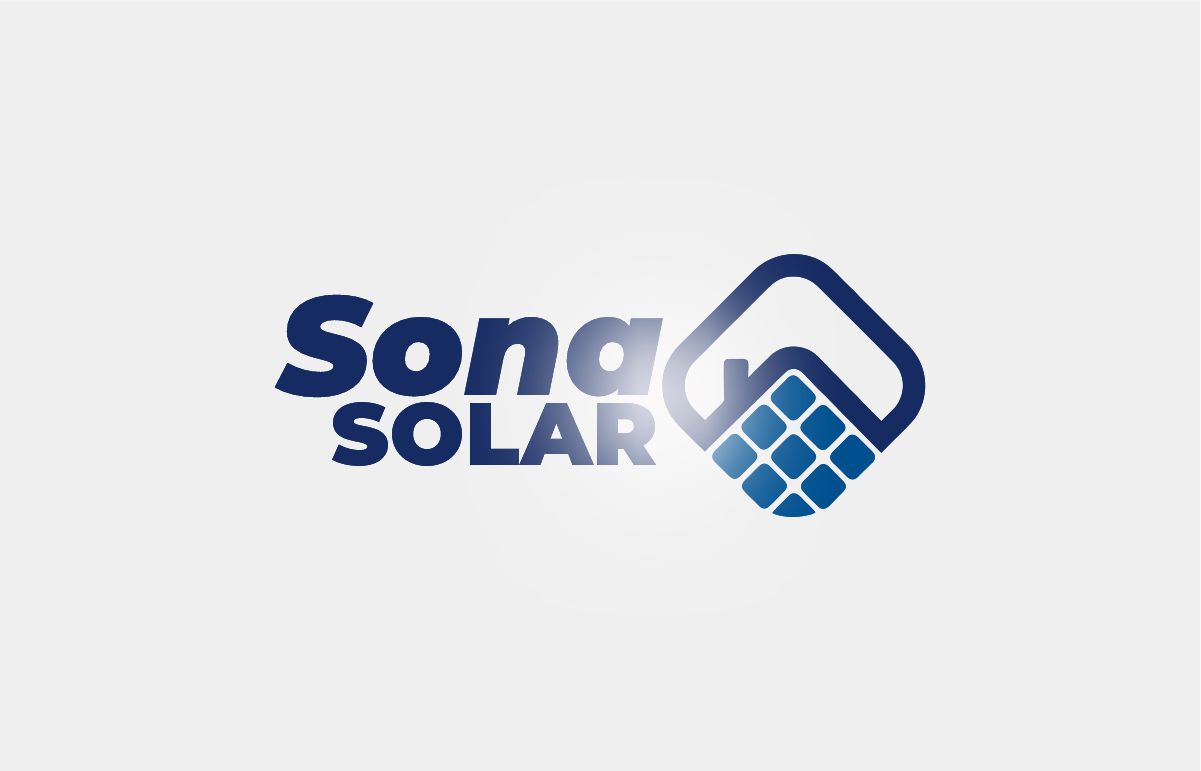Running a refrigerator off a solar inverter requires significant power. One of the most common questions we get at Sona Solar Zimbabwe is, "Is a 1000-Watt inverter enough to run my fridge?"
A 1000-Watt inverter typically has a 2000W surge capacity, so it should be enough to power a standard refrigerator. A typical 14 cubic foot fridge might use 1000 watts over a day, but it critically requires up to 2000 watts of surge power to start its compressor.
Running and Surge Watts Explained
While a refrigerator may only need 100-150 watts to run, it requires a massive burst of power, typically 1800 to 2000 watts, just to start its compressor. This is the "surge watt" requirement. Most quality 1000W inverters, like the ones offered in our solar system packages, can handle a 2000W surge for a few seconds. |
| Will a 1000W (1kVA) Inverter Run a Refrigerator in Zimbabwe? (2025 Guide) |
Pure Sine Wave vs. Modified Sine Wave Inverters
For a power-hungry appliance like a refrigerator, a Pure Sine Wave inverter is the optimum choice. They are more efficient, meaning your solar batteries last longer. A pure sine wave inverter can be up to 95% efficient, compared to 80% for a modified sine wave model. This efficiency difference can mean saving hundreds of watts per day and ensures the inverter can reliably deliver the necessary surge power to start the fridge.Can a 1000W (1kVA) Inverter Run a Fridge?
| Condition | Verdict |
|---|---|
| Small to Medium Fridge (Up to 17 cu. ft.) | ✔ Yes, if surge is sufficient. |
| Large Fridge or Deep Freezer | ⚠ Not Recommended |
| Multiple Fridges or Other Appliances | ❌ No |
A 1000W inverter is suitable for a standard kitchen fridge, provided its peak/surge rating (usually 2000W) can handle the fridge's startup load. It cannot run other heavy appliances at the same time.
Inverter & Fridge Sizing Guide
| Inverter Size | Recommended Fridge Type |
|---|---|
| 1000W (1kVA) | Standard Kitchen Fridge (up to 17 cu. ft.) |
| 2000W (2kVA) | Large Kitchen Fridge or a Small Deep Freezer |
| 3000W (3.5kVA) | Large Fridge + other essentials (TV, lights) |
| 5000W (5kVA) | Multiple Fridges/Freezers + most household loads |
Appliance Power Consumption Guide
| Appliance | Typical Wattage |
|---|---|
| Laptops | 65 - 100 Watts |
| Satellite TV Box (DSTV) | 50 Watts |
| Printer | 100 - 200 Watts |
| Desktop Computer & Monitor | 200 Watts |
| 42" HD Television | 120 Watts |
| Refrigerator (Medium) | Running: 100-150W | Surge: 1800-2000W |
How Long Can an Inverter Run a Refrigerator?
The runtime depends on the battery capacity. To run a standard fridge for 24 hours on batteries alone would require a very large battery bank (around 300Ah of usable capacity). For most backup situations, a quality 100Ah lithium battery paired with a 1kVA inverter will provide several hours of runtime for the fridge and other essentials during a power cut. For all-day power, you would need to add solar panels to recharge the battery.The key to successfully running a fridge on an inverter is ensuring there is enough running and, crucially, surge watt capacity available. For expert advice and high-quality, pure sine wave inverters, contact Sona Solar Zimbabwe today.

Sona Solar Zimbabwe
Sona Solar Zimbabwe
7 Frank Johnson Avenue,
Avenues, Eastlea
Harare, Zimbabwe.
Call Us Today:
Solar Sales:
+263 78 293 3586
Solar Sales:
+263 78 922 2847
Operations:
+263 78 864 2437
Sona Landline:
+263 24 2797750
Email:
sonasolarzw@gmail.com
Website:
www.sonasolar.co.zw

Borehole Experts Zimbabwe
Borehole Experts Zimbabwe
7 Frank Johnson Avenue,
Avenues, Eastlea
Harare, Zimbabwe.
Call Us Today:
Borehole Sales:
+263 77 389 8979
Borehole Sales:
+263 71 500 3777
Borehole Operations:
+263 71 918 7878
Borehole Landline:
+263 24 2797750
Email:
boreholeexpertszw@gmail.com
Website:
www.boreholeexperts.co.zw

